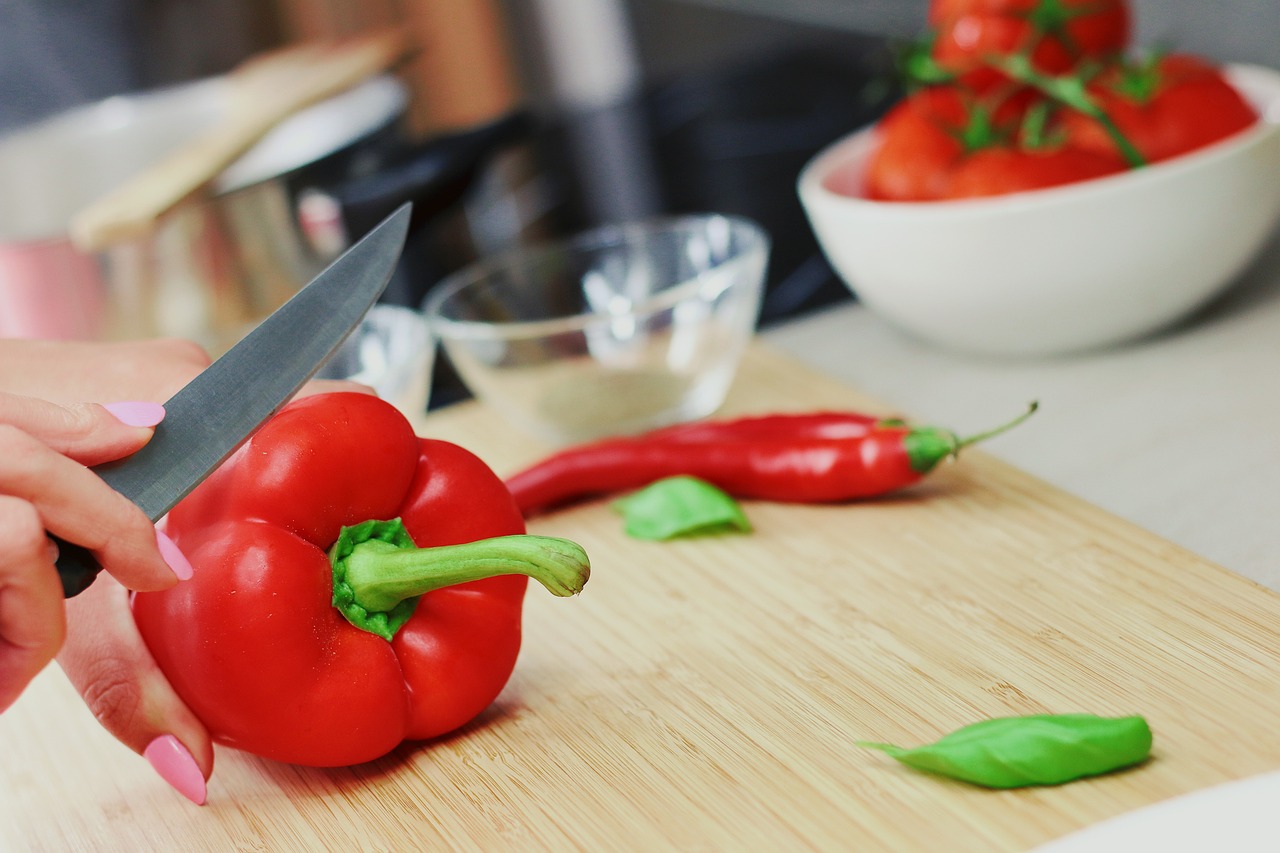Zao Jun: The Kitchen Deity
In the realm of Chinese folk beliefs and mythology, Zao Jun, also known as Zao Shen, stands out as a central figure among domestic deities. Often referred to as the “stove master,” Zao Jun holds a revered position in the pantheon of Chinese gods, which includes various guardians of homes, wells, and doorways. The lore surrounding Zao Jun suggests that each year, prior to the Chinese New Year, he journeys to Heaven to deliver an account of his family’s actions to the Jade Emperor, Yu Huang, who then determines their fate based on his report.
Origins and Legends
The worship of Zao Shen traces back to at least the second century B.C.E., enriched by a myriad of myths that explain his divine ascendance. A widely told tale introduces him as a mortal named Zhang Dan, or Zhang Ziguo, who lived a life tainted by regret. Initially married to a virtuous woman, he abandoned her for a seductive young mistress. This betrayal did not go unpunished; he was afflicted with misfortune, ultimately losing his sight and falling into despair as the young woman left him.
One day, during his time as a beggar, Zhang Dan accidentally encountered his former wife, who, recognizing him despite his poor treatment of her, offered care and hospitality. Overwhelmed with sorrow over his past deeds, he wept as he recounted his failures. His wife encouraged him to open his eyes, leading to a miraculous restoration of his sight. However, in his shame, he jumped into a lit hearth, leading to his demise. In remembrance, his wife built a shrine above the fireplace, marking the beginning of Zao Shen’s association with kitchens.
Another version of the story portrays Zhang Dan as a man reduced to selling his wife due to financial hardships. Later, he unknowingly became a servant to her new husband. After she secretly baked cakes filled with money for him, he tragically sold them without realizing their worth, leading to his despair and eventual suicide. In both legends, Heaven’s mercy transforms the foolish men into kitchen gods, permitting their reunion with their lost wives.
Customs and Practices
In many traditional Chinese households, whether in China or among overseas communities, Zao Jun is honored with a paper likeness placed near the stove, often accompanied by his wife, who acts as a scribe to record the family’s conduct throughout the year. As Zao Jun holds the significant role of reporting these events to Yu Huang, families make offerings of food and incense on various occasions, particularly on his birthday in the eighth lunar month, and regularly on the first and fifteenth of each month. The most pivotal moment, however, occurs on the twenty-third day of the twelfth lunar month, when he is believed to ascend to Heaven to deliver his report.
To ensure good fortune for the coming year, families commonly bribe the kitchen god, often sweetening his lips with honey or malt taffy to “sweeten his tongue” or inhibit him from relaying any unfavorable news. Following this, the effigy is burned as a means of sending it to the spiritual realm, complemented by the loud sound of firecrackers to assist in his journey to Heaven. If the family possesses a statue of Zao Jun, it is taken down, cleaned, or replaced with a new one to welcome him back into their home on New Year’s Day.
Anne Goodrich’s ethnographic research details the New Year rituals wherein families prepare their offerings with great care, showing respect for the tradition. Wealthier households might utilize a lavish paper palanquin to carry the effigy for ceremonial purposes. Throughout the process, prayers are offered to plead for leniency regarding any familial errors or negligence over the past year. As the effigy is burned, the house is filled with the sound of firecrackers and joyous celebrations, marking Zao Jun’s brief return to Heaven.
Cultural Literature
The story of Zao Jun also finds its place in modern literature, such as Amy Tan’s novel, “The Kitchen God’s Wife,” which interweaves Zao Jun’s narrative with the experiences of a Chinese mother and daughter, adding a feminine perspective to the traditional myth.
Zao Jun remains a significant figure in Chinese cultural practices, serving as a link between the domestic sphere and the divine, reflecting the complexities of family life, regret, and redemption.



